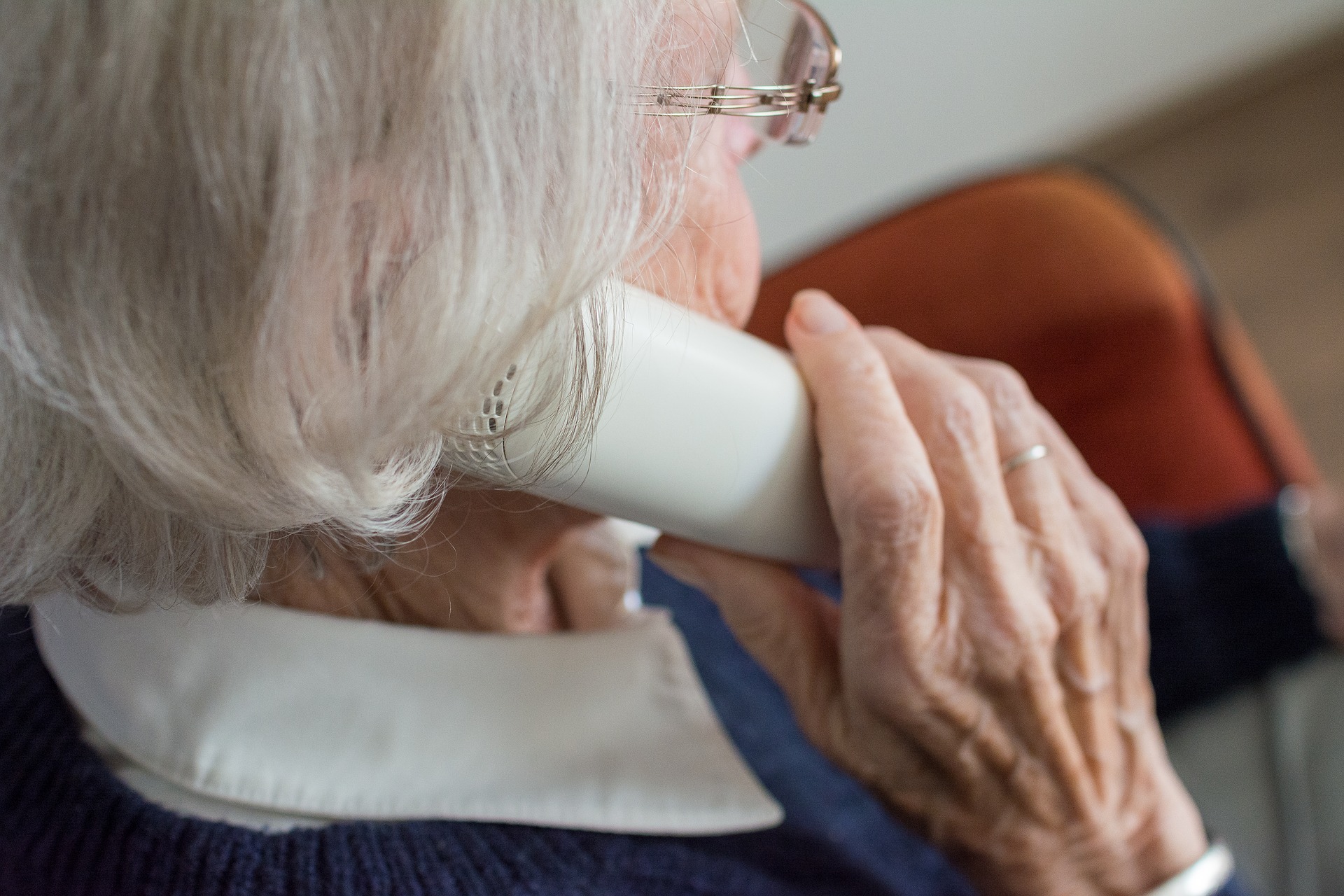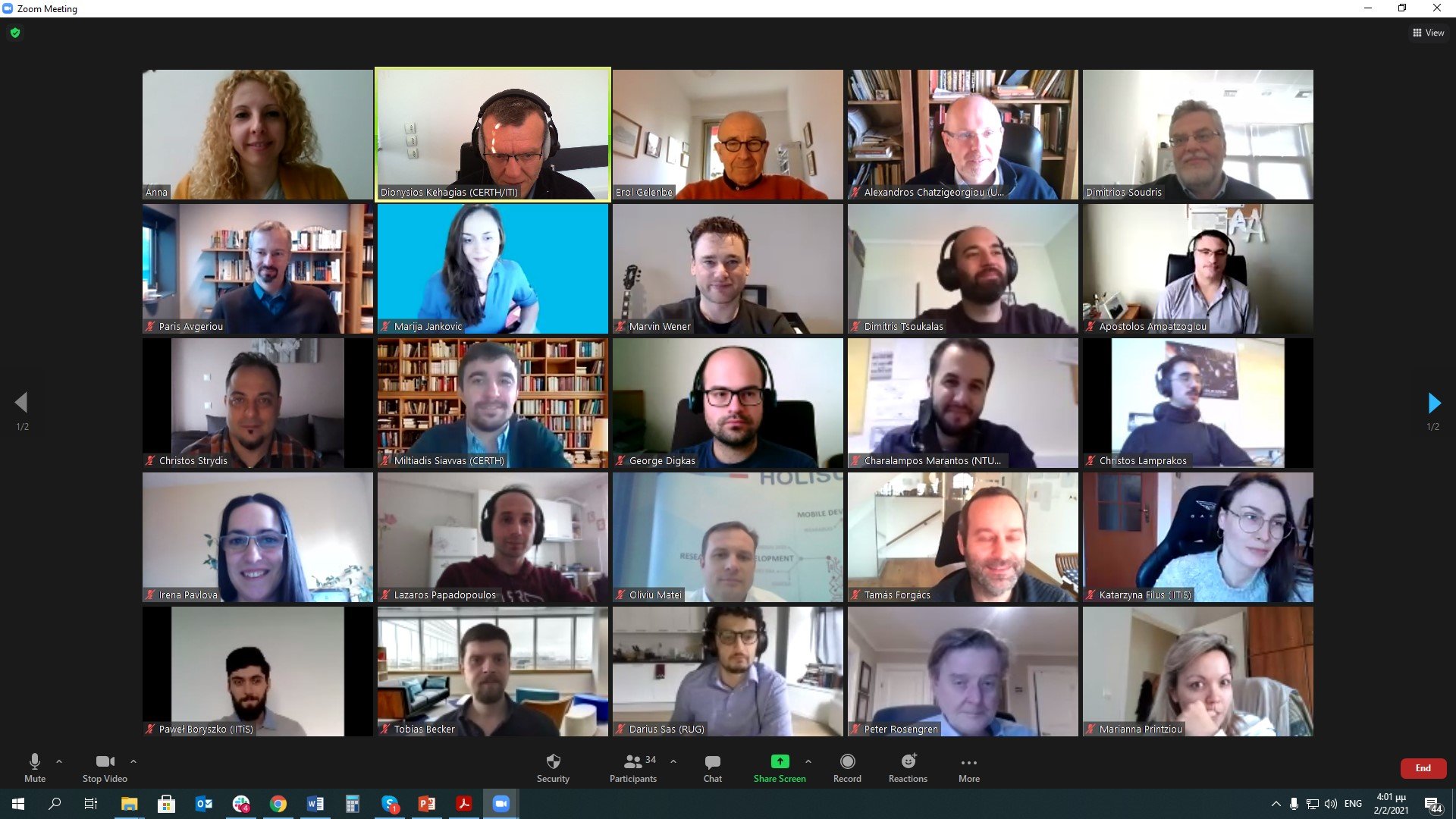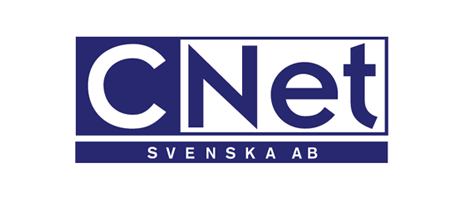Last week the first swedish patients started using the HSmartBPM platform for management of hypertension. HSmartBPM improves effectiveness of the treatment of hypertensive, or undiagnosed high-risk patients by collecting much more data from different sources and by maximizing the benefits of collected data by sharing of data between related actors such as healthcare experts, patients, nurses and informal caregiver under control of patients, in compliance with GDPR requirements. The platform consists of a connected weightscale, a wearable smart watch with built in blood pressure monitor and patient apps for Android and iOS together with a backend and web apps for clinicians. The Swedish patients are all located in Region Jämtland-Härjedalen, Zätagränd Hälsocentral. CheckHealth has the technical responsibility for the rollout of the platform in Sweden.
Medical Device Connectivity
All posts tagged Medical Device Connectivity
AI platform for CHF patients
Peter Rosengren 5th December 2022CheckHealth together with a European consortium has won a procurement for innovative services in the healthcare sector. The CORRAL consortium will develop and deliver an integrated care platform which allows monitoring of environmental, physical and psychological patient-related variables, and continuous analysis of recorded data and care team inputs. The platform is based on an artificial intelligence system providing decision support to the multidisciplinary care tea and the provision of personalized support and education interventions allowing patients with cronic heart failure (CHF) to self-manage their diseases.
The system will be installed in five European countries – Sweden, Greece, Turkiet, Italy and Portugal.

CheckHealth collects PROMS over the phone
Peter Rosengren 22nd September 2022
Continuous data collection to understand patients health status and how they react to medication and treatment is the key to future improved healthcare. Todays solutions for this are based on either manually filling out questionnaries, use of smart phone apps or use of connected devices. These are costly for healthcare organisations and complicated for patients to use. To solve these problems Checkhealth is developing VoiceRPM – an Intelligent Digital Voice Assistant for Remote Patient Monitoring
VoiceRPM offers a cost-efficient yet naturally engaging way to ensure patients feel cared for around the clock even though carers can’t always be there. VoiceRPMs AI-powered voice dialogs allow care professionals to reach out and remotely monitor vital health values and support healthy habits for a large number of geographically distributed patients. The care organisation can easily design different questionnaries, PROMS, to collect patient reported outcomes and vital signs. VoiceRPM automatically calls the patients and collects the answers in an natural AI-driven voice conversation. The VoiceRPM digital assistant can collect the patient’s consent to contribute data and agree with the patient on a when it is a convenient time to call. The care persons only need to focus on the incoming data and how to treat the patients in the best possible way.
CheckHealth supports smart monitoring of hypertension in Jämtland
Peter Rosengren 21st September 2022Our spin-off company CheckHealth has been contracted by a European consortium to assist in roll out of a the HSmartBPM platform for monitoring of patients suffering from hypertension. HSmartBPM improves effectiveness of the treatment of hypertensive, or undiagnosed high-risk patients by collecting much more data from different sources and by maximizing the benefits of collected data by sharing of data between related actors such as healthcare experts, patients, nurses and informal caregiver under control of patients, in compliance with GDPR requirements. In Sweden HSmartBPM will be used by Region Jämtland.
SDK4ED Successfully finished
Peter Rosengren 2nd February 2021The European project SDK4ED finished a full success. A great team of 11 partners, including CNet, in 7 countries worked hard together for three years. A cooperation that created a software development toolkit for energy optimization and technical dept elimination. Work that resulted in 59 publications, to say the least.


SDK4ED implemented in CNet Group
Peter Rosengren 15th September 2020The vision of the SDK4ED (Software Development ToolKit for Energy Optimization and Technical Debt Elimination) project is to minimize the costs, the development time and the complexity of low-energy software development processes by providing tools for automatic optimization of multiple quality requirements.
Access to SDK4ED has now been distributed internally at CNet to CheckHealth, where the SDK4ED tools provide a technical solution to ensure the required quality demands as specified in current tenders for medical device systems in which CheckHealth participates. The CNet group of companies will use SDK4ED tools to ensure product quality, efficient energy usage and management of design decisions. With a growing number of products and large code base, we believe SDK4ED can provide real benefits to our software development lifecycle.
The PICASO project organised a webinar on Tuesday 26th March 2019 at 10:00-11:00CET. The technical partners of the project invited to join the live webinar, where several presentations summarise the innovative technical components and solutions developed in the project.
The following presentations will provide details about PICASOs Innovative Solutions for Integrated Care:
- PICASO technical overview and architecture
– presented by CNet Svenska AB, Sweden. - The FHIR platform as an interoperability basis. Clinician Dashboard overview
– presented by Fraunhofer Institute for Applied Information Technology, Germany. - Web-based technologies employed in integrated data visualisation
(Data Resource Browser & Patient Data Viewer)
– presented by Technical University of Kosice, Slovakia. - The PICASO Risk Manager and DIVA
– presented by Fondazione Inuit Tor Vergata, Italy. - Patient Dashboard
– presented by CNet Svenska AB, Sweden.
For more information:

PICASO Workshop on management of multi-morbidity
Peter Rosengren 6th February 2019Most established health care systems focus their effort on the treatment of single chronic conditions. They gather specialists involved in the treatment of this condition and focus on health and action plans that are centred on the treatment of this condition. In the case of a single chronic disease, this strategy provides a knowledgeable network of specialist applying state of the art treatment with good communication and overall coordination. But if a person has more than one chronic diseases this approach has limitations. Information exchange and coordination between different health care teams are sometimes inefficient.
The PICASO project aims to optimise the management of multiple treatment plans through harmonisation of treatment plans for patients with multiple co-morbidities. The Policlinic of Rheumatology & Hiller Research Unit at the Heinrich-Heine University Düsseldorf (UDUS), which provides patient care and conducts research regarding inflammatory rheumatic diseases, executed clinical trials in Germany involving patients with rheumatoid arthritis and related comorbidities. On 6th February 2019, UDUS organised a Workshop and presented the PICASO solution to optimise the management of multiple treatment plans. Participants were able to learn about the PICASO solution and join a discussion about the management of multi-morbidities.
CNet finalist for the European Commission‘s Innovation Radar Prize 2018
Peter Rosengren 30th October 2018CNet has been selected as one of 50 finalists for the European Commission‘s Innovation Radar Prize 2018 with our PICASO innovation: Federated Cloud Architecture designed for ehealth: Care Management as a Service. The Innovation Radar Prize awards high quality innovative excellence, emerging from the Horizon 2020 programme. The award distinguishes five categories with 10 finalists in each. CNet has been selected for the “Tech for Society” category, recognising technologies impacting society and citizens. The price committee examined several thousands of EU-funded innovations from across Europe, making it quite an achievement to get selected as one of the 50 finalists.
CNet was recognised for their solution within the PICASO project, “Care Management as a Service”. This solution enables care organisations to use cloud technology, experience benefits of scalability and software resource sharing without violating regulations regarding clinical data. The innovation is based on a software-to-data cloud approach. All software for care management and decision support is hosted in one public cloud while all clinical data always resides inside the care organisations. All access and use of clinical data are done in a secure and authorised way, without violating GDPR. This creates an innovation in healthcare making it possible to use cloud technology while taking the specific requirements regarding clinical data into account.

CNet PICASO team awarded
From left: Matts Ahlsen, Daniel Eriksson, Peeter Kool, Tobias Brodén, Peter Rosengren, Stefan Paulsson.
PICASO at Rheumatology Congress in Mannheim
Peter Rosengren 23rd September 2018CNet presented in Cooperation with the Heinrich-Heine-University Düsseldorf and the University Clinic Düsseldorf and Fraunhofer the clinician and patient dashboard of PICASO at the 46th DGRh – German Society for Rheumatology Congress on 19th to 22nd September 2018 in Mannheim.
Attending Rheumatologists could learn about the details of the PICASO solution and test the prototypes. The attending audience mostly appreciated the value of the applications to improve the integrated care of patients and the mobile solutions to monitor and provide a complete health status overview of the patient. As integrated care is still in its infancy, a lively exchange with clinicians regarding the usability and applicability of the solutions happened during the Congress. Issues discussed were suggestions for additional features and improvements, as well as challenges with increasing amounts of available patient information. IT-platforms like PICASO can serve as valuable clinical decision support to minimise the effort to asses all available information about a patient.

